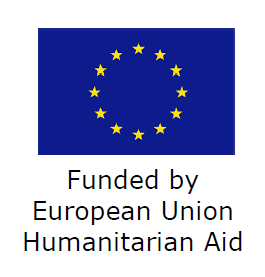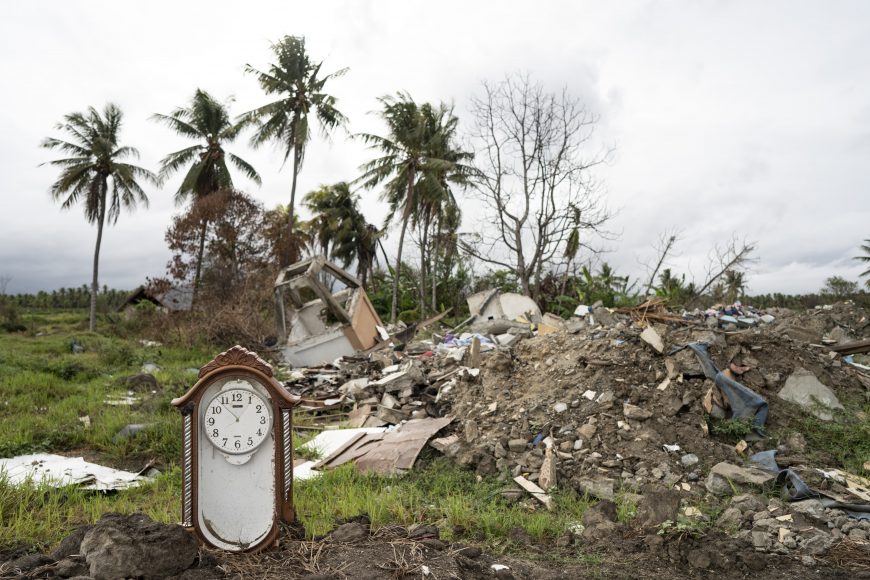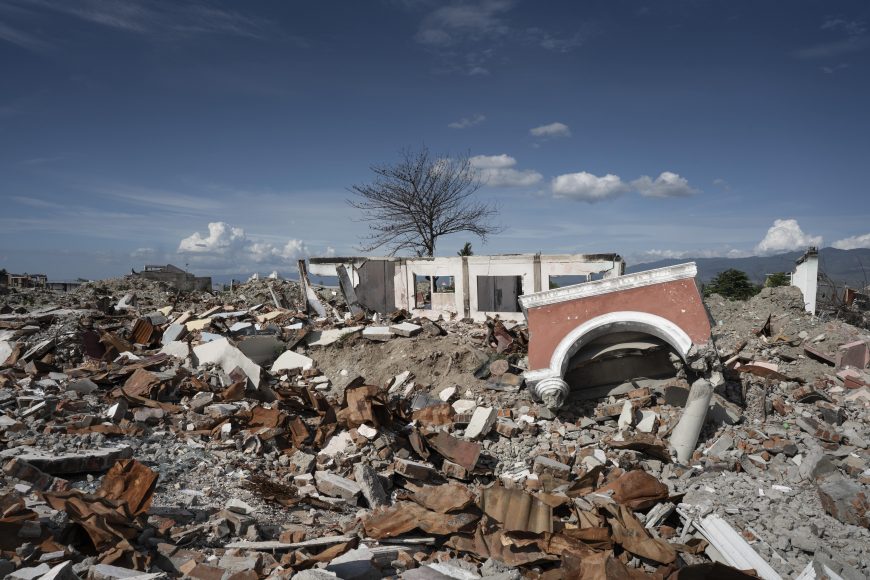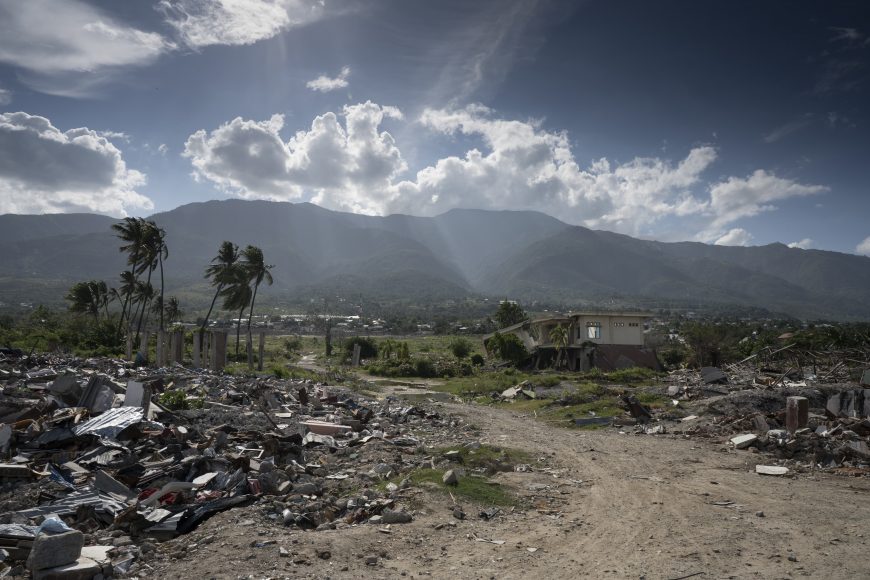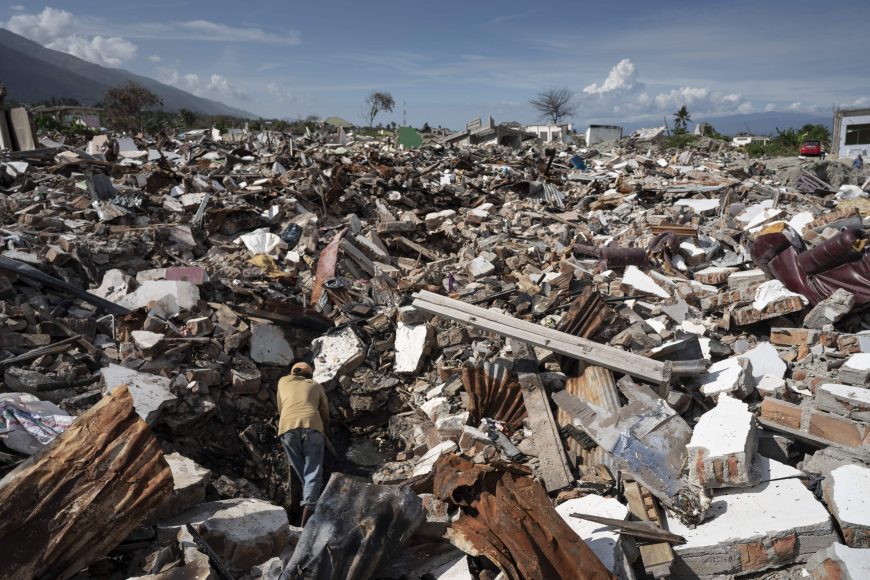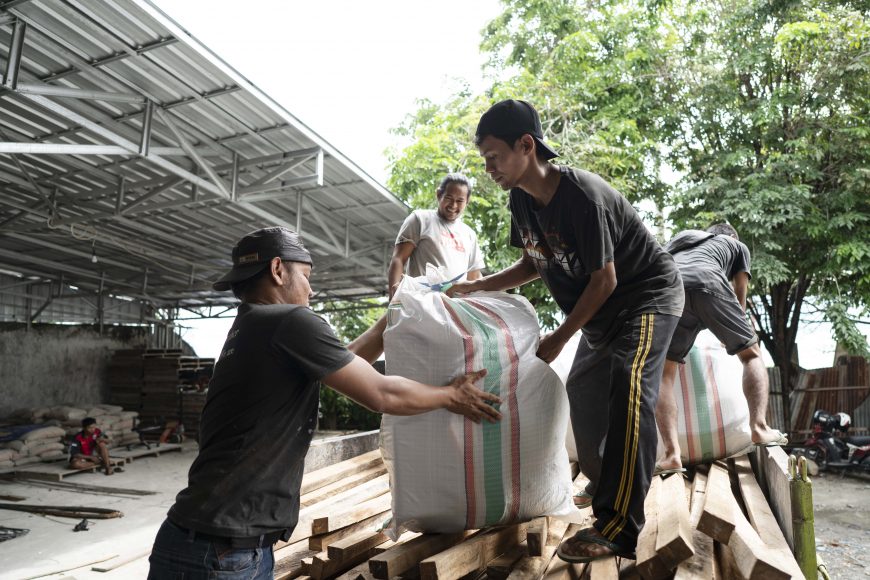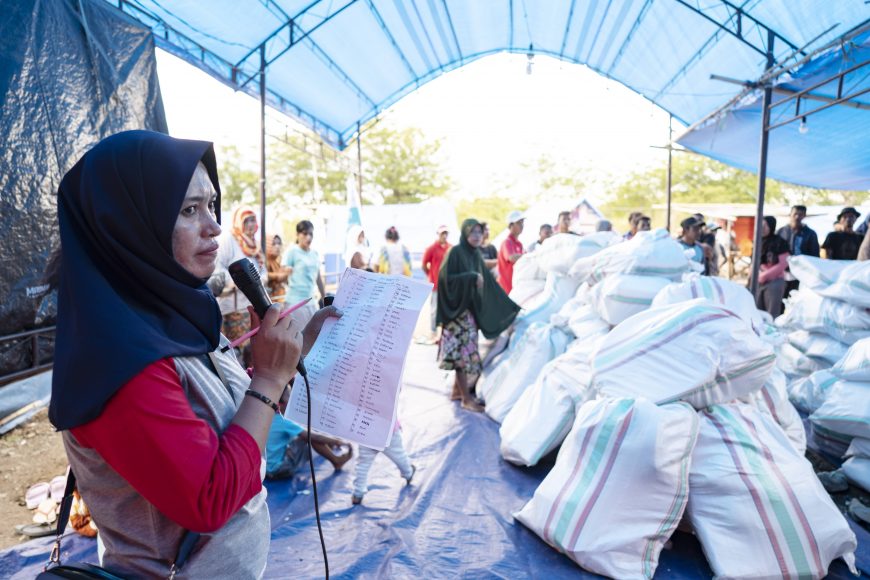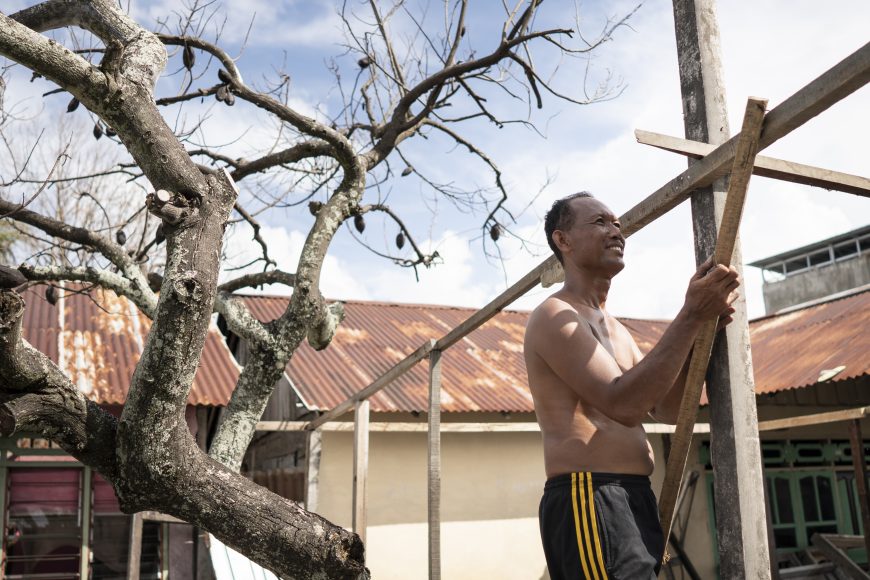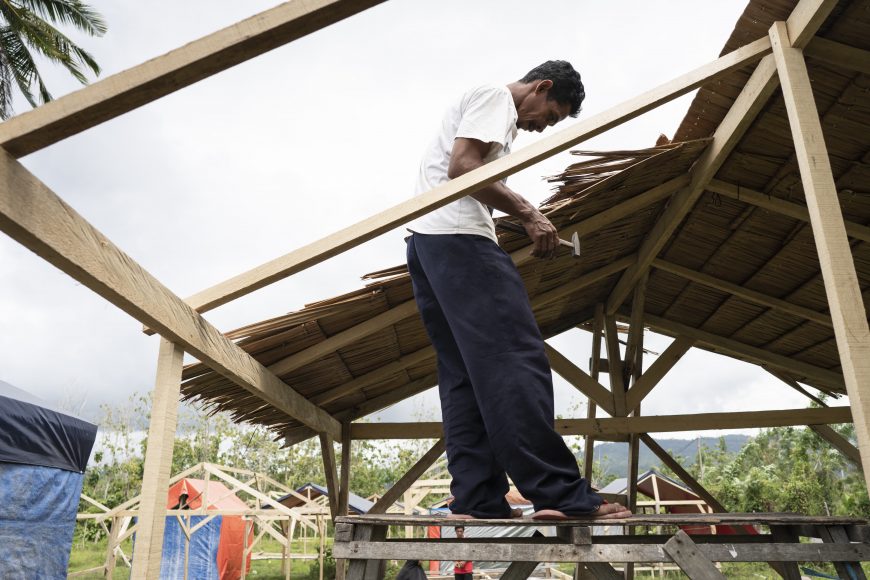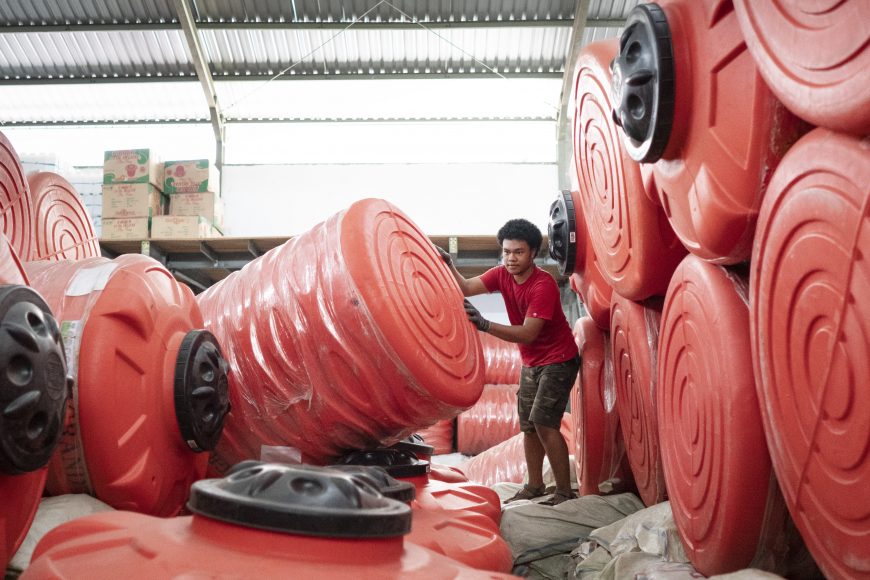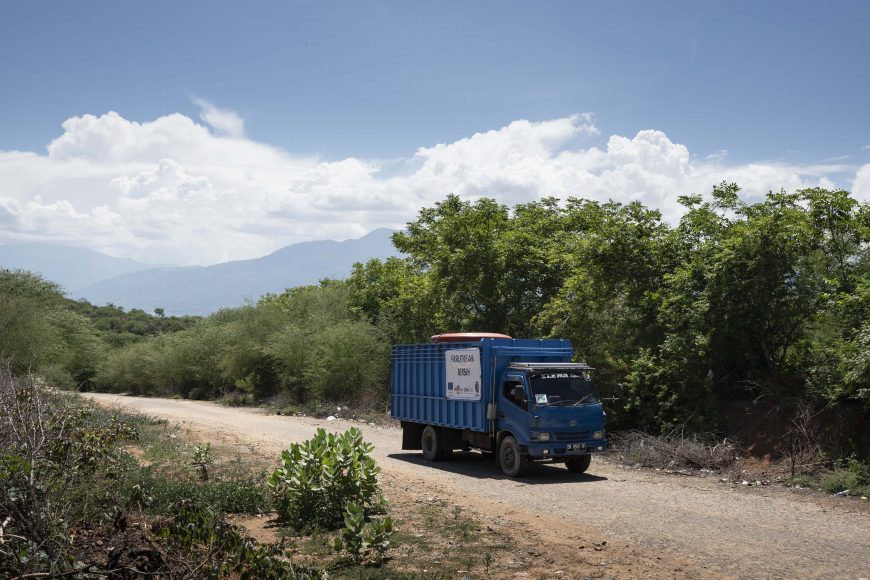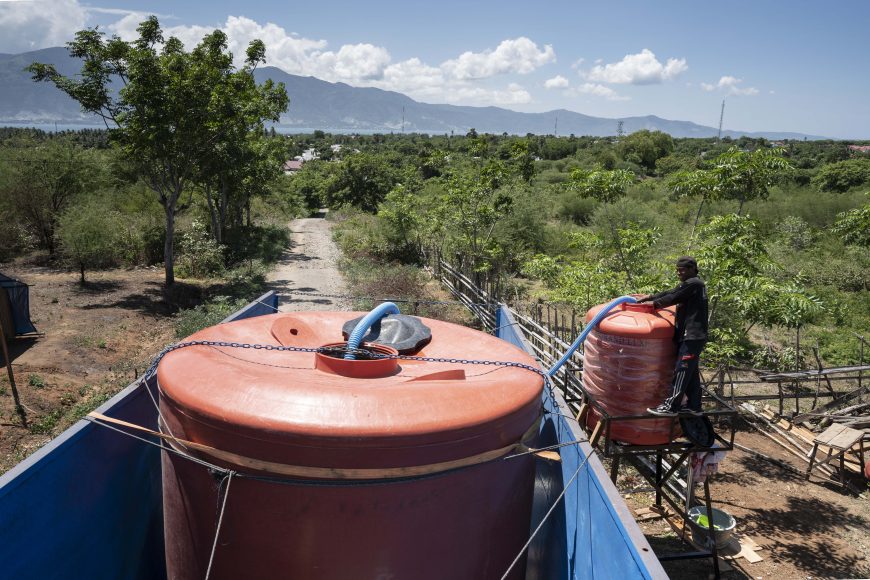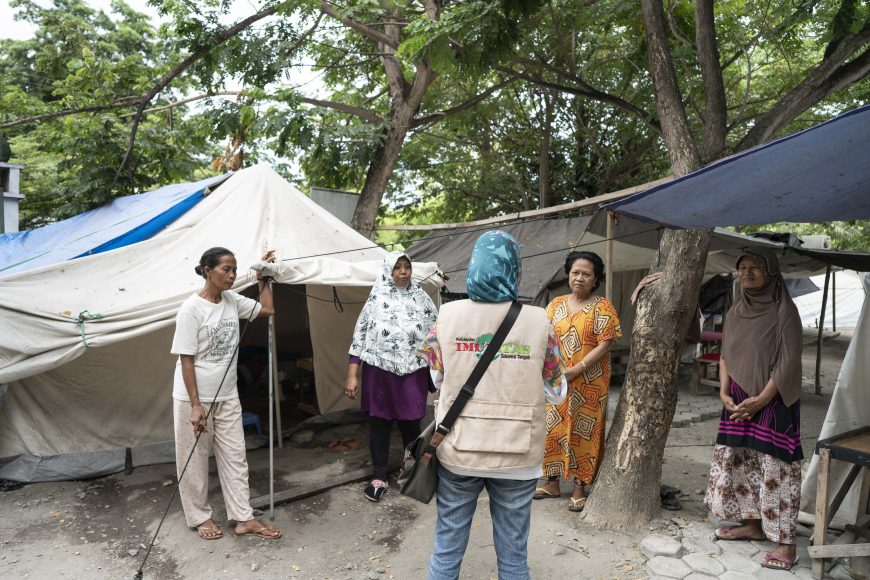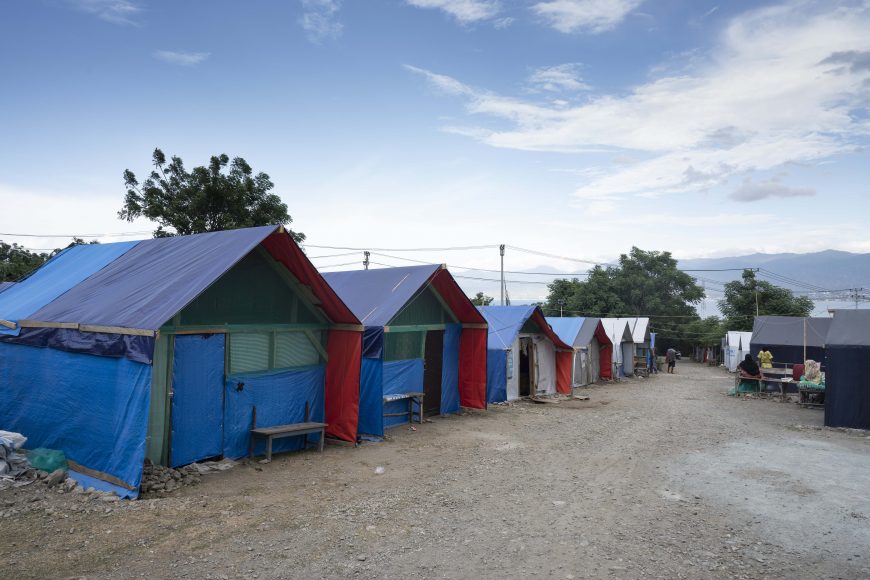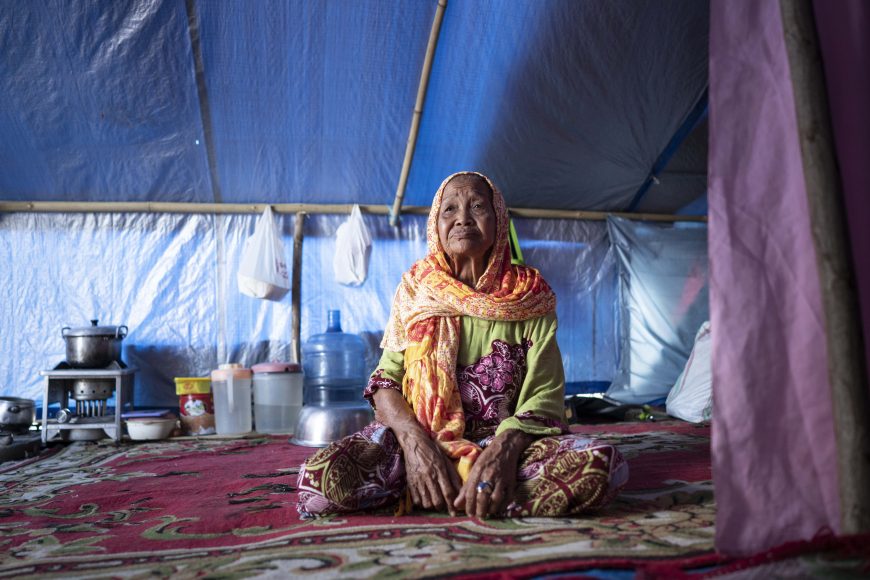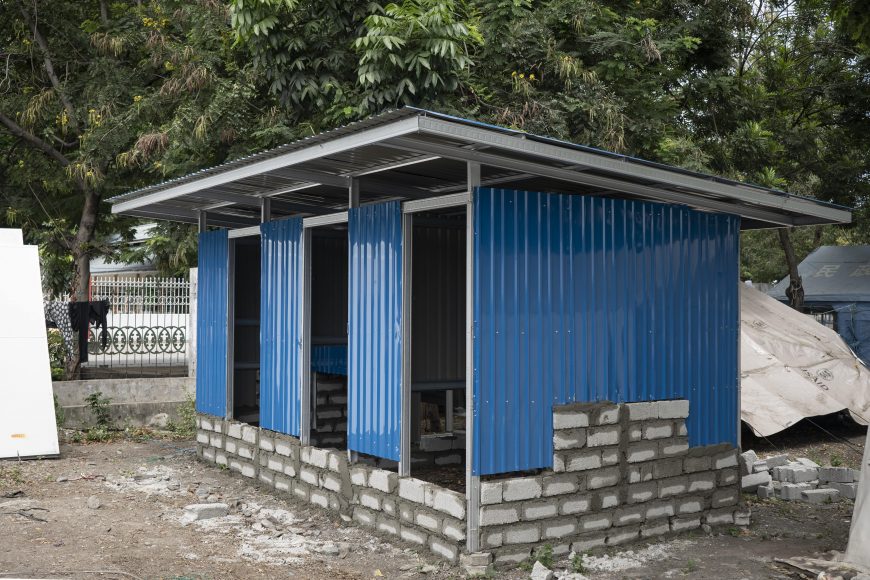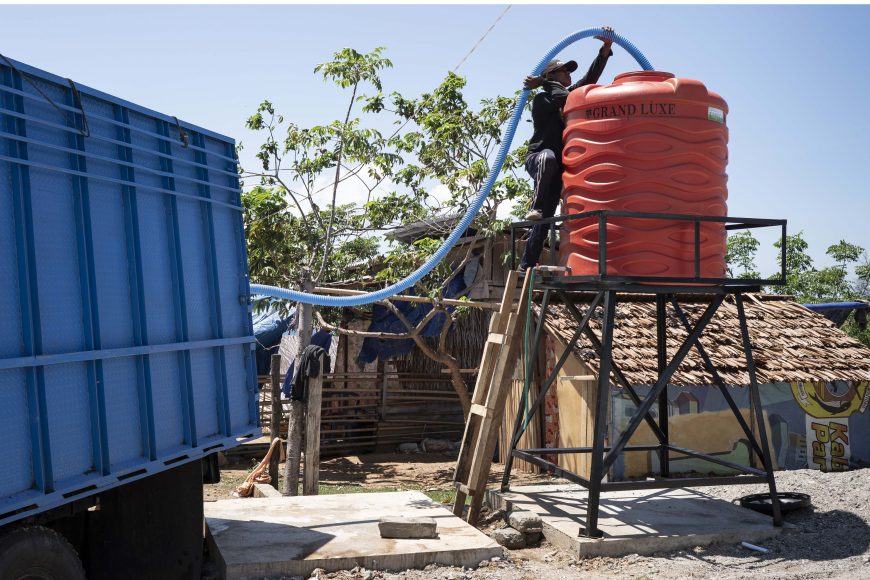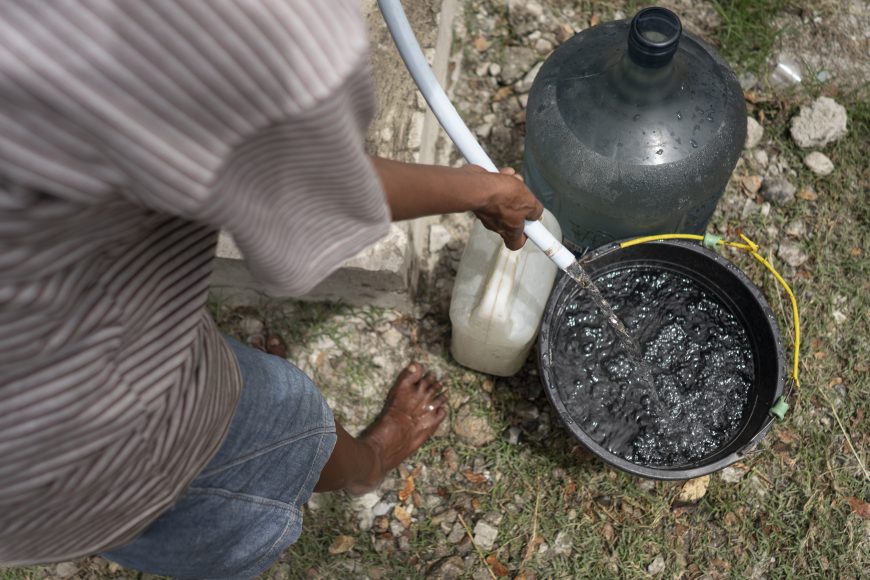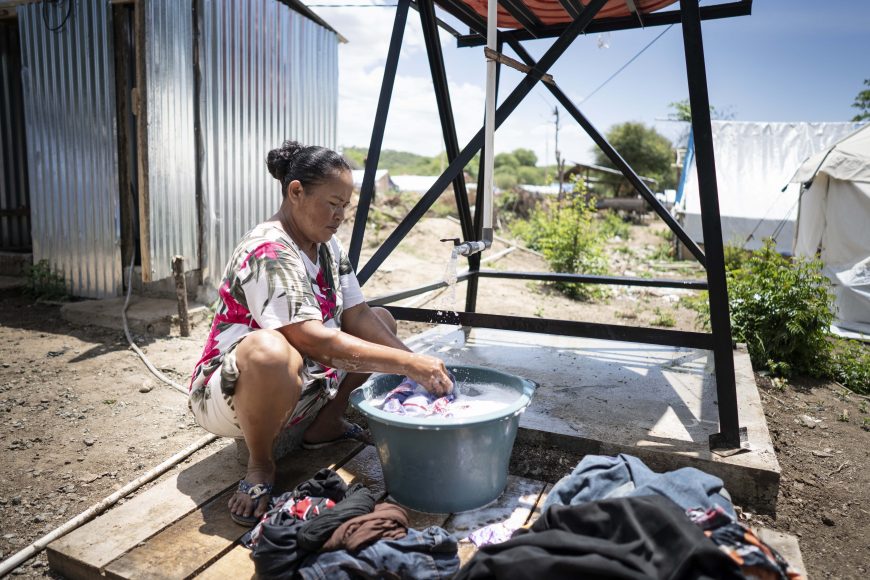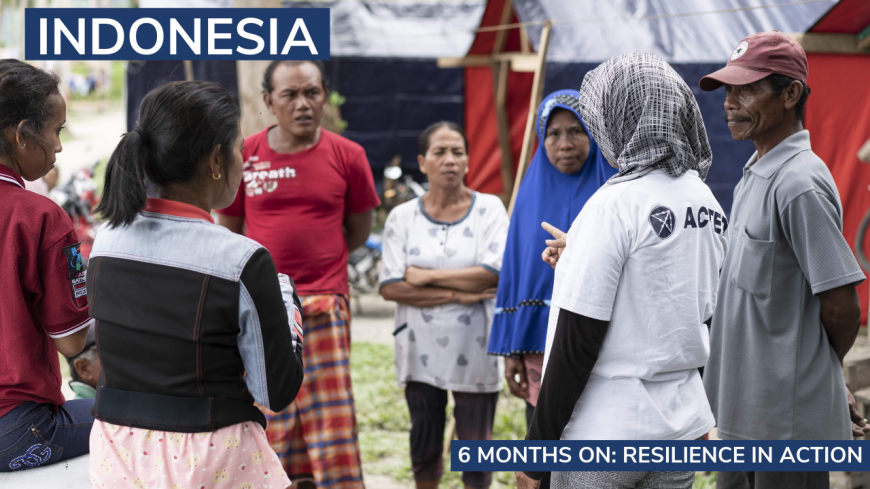Indonesia lies within one of the most disaster-prone regions in the world, with earthquakes and tsunamis becoming more frequent and extreme. In September 2018, a series of strong earthquakes hit Sulawesi province causing significant loss of life, destruction of buildings and infrastructure, leaving thousands of people homeless and in need.
ACTED was able to respond immediately, through the support of ECHO, and the coordination and support of local Indonesian partners who led the response. This photo story presents a brief overview of the action and its impacts.
Overview of the earthquake/tsunami impact
How did ACTED respond?
Following a rapid needs assessment, the most urgent needs were identified as: clean water, decent shelter, food, fuel, emergency medical care, and psychosocial support.
ACTED and its local partners quickly identified 4,000 of the most vulnerable displaced families for assistance, in the underserved rural areas of Palu, Sigi and Donggala.
ACTED and its partners aimed to provide the following forms of assistance:
- To ensure the dignity of displaced families, ACTED and its partners aimed to distribute gender-sensitive family hygiene kits and baby kits, in addition to launching hygiene promotion sessions targeting vulnerable IDP women.
- Given the destruction of WASH infrastructure and the heightened risk of water-borne disease, the partners decided to install emergency latrines and provide water purification tablets in targeted IDP camps
- With many people prevented from carrying out their traditional livelihood, it was essential to maximize the role which locals placed in the reconstruction efforts, hence the partners created short-term income generating activities for vulnerable families through which they carried out camp improvement work.
- The distribution of emergency shelter kits to IDP families in camps/settlements.
- Protection mainstreaming in camps and settlements to ensure the safety and dignity of displaced families.
What are the key achivements of the last six months?
Through strong coordination and the mobilisation of hundreds of the people affected by the disaster, ACTED and its partner have:
In summary, after six months on the ground, ACTED and its partners have ensured that thousands of Indonesian families affected by the earthquake/tsunami event of late-2018 now have access to safe and sanitary living conditions. ACTED and its partners are continuing to monitor developments in the affected areas in relation to on-going needs, reconstruction progress and trends in return as a means to inform potential future actions.
